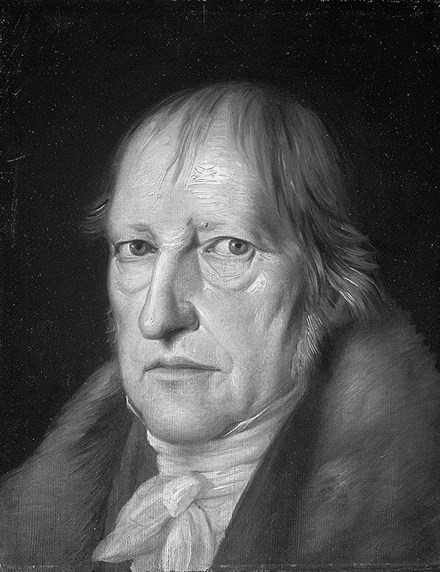

Hegel's conception of teleology
pp. 55-70
in: Kostas Gavroglu, John Stachel, Mark W. Wartofsky (eds), Science, mind and art, Berlin, Springer, 1995Abstract
Most often, it is in order to answer questions bearing upon the philosophy of action that Hegel's conception of teleology is now examined: many philosophers interested in the nature of action have come to the conclusion that it is extremely difficult, if not impossible, to account for it in non-teleological, mechanistic terms; and the question thus arises of determining whether Hegel's conception of teleology can be of some use in the endeavour to develop a more satisfactory, alternative explanatory framework for the human and social sciences. Interpreters acknowledge, of course, that Hegel's own discussion of the question took place in a completely different context: his would have been a much more ambitious project, one which seems to have consisted in no less than uncovering the conceptual structure of the world in its totality. Yet his conception might be re-formulated for the human sciences; and all things considered, didn't his own fundamental insight bear mainly upon the philosophy of action, even if it was put in much broader terms?1


